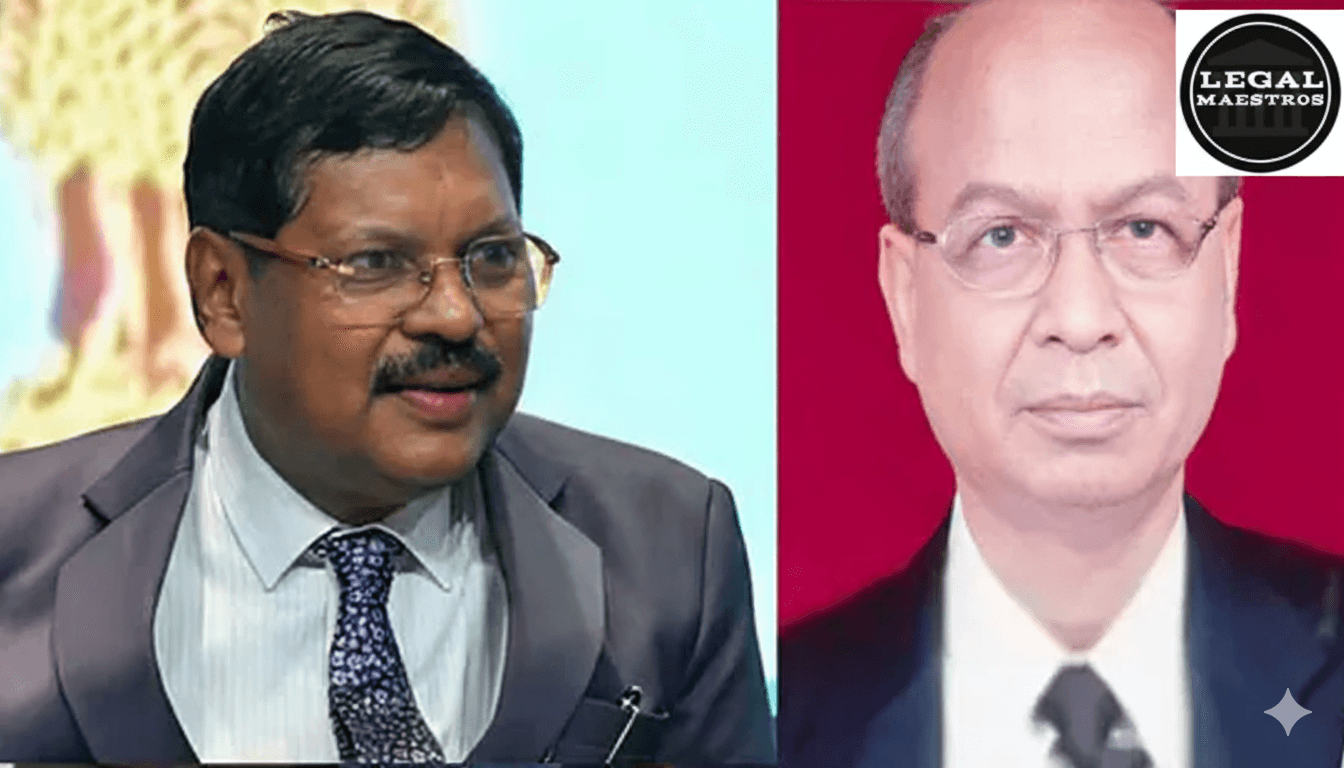
Kaushal Kishore
Attorney General Grants Consent on Contempt Case Over Shoe-throwing At attempt on SC Judge.
Attorney General of India, R. Venkataramani has officially approved the criminal contempt of court prosecution against Rakesh Kishore, a man who had supposedly tried to hit Supreme Court Justice B.R. Gavai on the head with a shoe in a court session. This is regarded as a serious offense to the dignity and power of the courts, which led to the decision of prosecuting the person according to Contempt of Courts Act.
Solicitor General Tushar Mehta raised the development in the Supreme Court. The case was revealed in the court of a bench led by Justice Surya Kant upon the issue being raised by the President of the Supreme Court Bar Association (SCBA), Senior Advocate Vikas Singh. Mr. The case was reported by Singh and he wanted to know what was being done and Solicitor General assured him that the consent of the Attorney General to proceed with the contempt action had been obtained.
According to the Indian law, a prerequisite to the filing of a criminal contempt petition before the Supreme Court by a private party is the consent of the Attorney General or the Solicitor General. This is a legal protection that the court does not use its time on trifle petitions and that only serious matters that significantly jeopardize the authority of the court is brought before the court. The approval of the AG in the case means that the act was considered a serious offense to warrant a formal hearing before the highest court.
For any queries or to publish an article or post or advertisement on our platform, do call at +91 6377460764 or email us at contact@legalmaestros.com.
The very process of throwing or trying to throw a shoe at a judge during a court session is not only considered an inconvenience but also an attack against the very institution of justice. This is categorized as scandaling the court since it can contribute towards undermining the power of the judiciary in the society and will also disrupt the normal course of justice. The Attorney General has now given his consent so that the formal petition will be filed and the case will be heard in the Supreme Court so as to determine whether Kishore is guilty of criminal contempt and the kind of punishment to be given.







